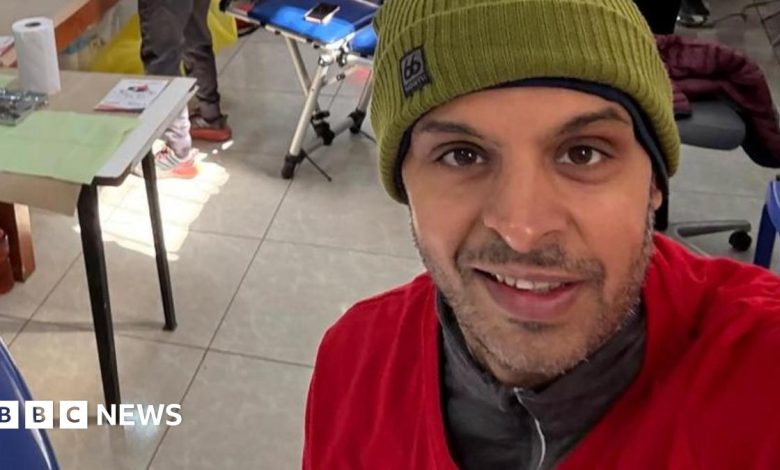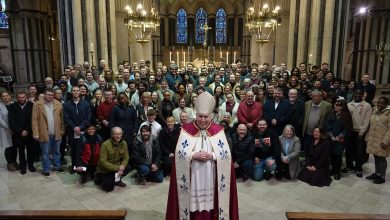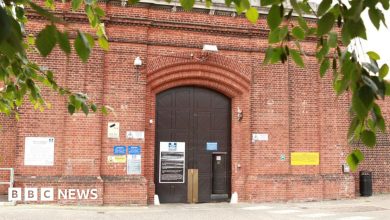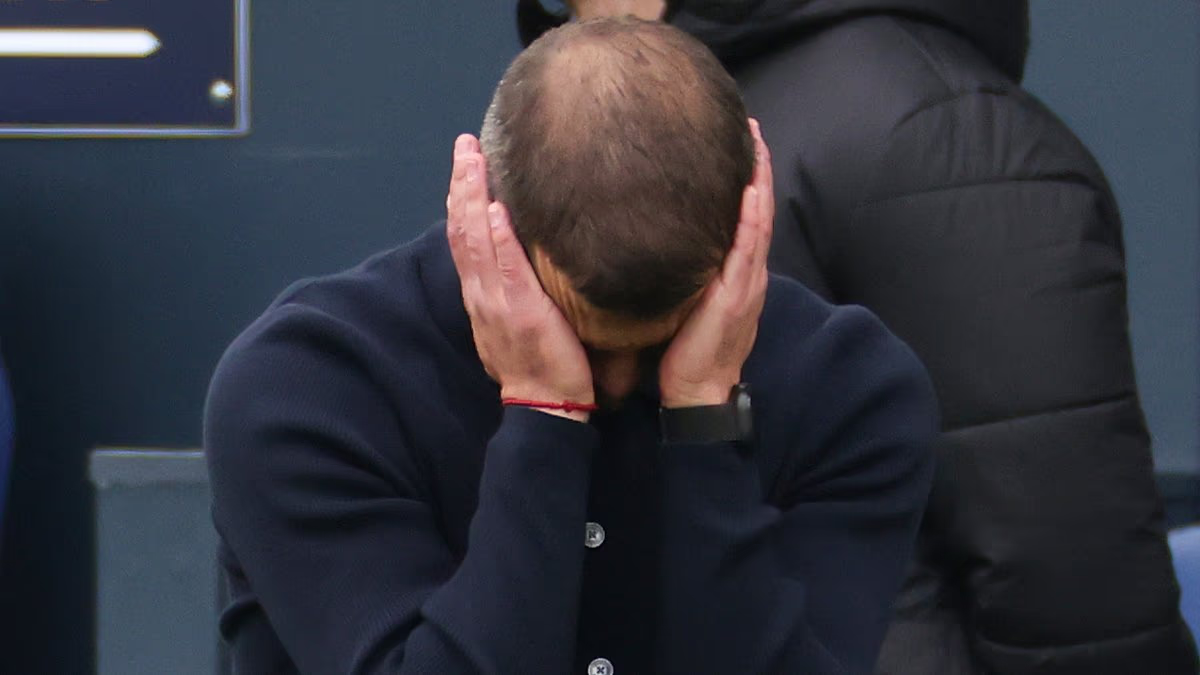Norwich dentist travels 6,600 miles to Peru to give treatment

A Dentist’s Mission to Serve the Underserved: Mr. Sharma’s International Dental Humanitarian Work
Mr. Sharma embodies the true spirit of humanitarian healthcare through his dedicated dental missions to regions where access to oral care is severely limited. This wasn’t his first venture into international dental aid—he has previously brought his expertise and compassion to crisis zones along the Syrian border and remote mountain communities in Morocco. His work highlights a critical healthcare disparity that exists in many parts of the world, where what might be resolved with a simple filling procedure in developed countries often results in full tooth extraction in underserved areas. “Tooth pain is really, really painful for these people who don’t have access in these rural areas to dentistry,” Mr. Sharma explains, “whereas something which might be a simple filling fix here, over there it might be you have to physically take teeth out.”
The consequences of tooth loss extend far beyond the immediate relief of pain, creating a cascade of oral health problems that affect overall wellbeing and quality of life. Mr. Sharma recognizes this domino effect, noting that “as soon as you lose teeth, oral health suffers.” This understanding drives his holistic approach to dental missions, where treatment is complemented by education. During his trips, he and his team make deliberate efforts to visit local schools and conduct oral health education sessions. This educational component serves as what he calls “a lasting legacy”—an investment in prevention that continues long after the dental team has departed. By teaching proper oral hygiene practices and preventive care, Mr. Sharma aims to break the cycle of dental disease in communities where professional dental care remains inaccessible.
The conditions under which Mr. Sharma and his fellow volunteer dentists operate are far from the sterile, well-equipped environments they’re accustomed to in their home practices. He describes the treatment provided as “army level,” highlighting the rugged, field-hospital nature of their work. The lack of basic dental equipment such as drills at these locations means the team must transport their own essential tools and supplies across international borders and into remote areas. This logistical challenge adds another layer of complexity to their humanitarian missions but demonstrates the team’s unwavering commitment to bringing care to those who need it most.
What makes Mr. Sharma’s work particularly impactful is his understanding that sustainable improvement in oral health requires more than just one-time interventions. By balancing immediate pain relief with educational initiatives, he addresses both acute suffering and its root causes. The school visits represent an investment in future generations, teaching children how to care for their teeth properly before serious problems develop. This preventive approach is especially crucial in areas where regular dental checkups are not part of the healthcare culture or are simply unavailable due to geographic or economic barriers.
The stark contrast between dental care in developed nations and the reality in the regions Mr. Sharma visits illuminates broader healthcare inequities. In many developed countries, a toothache leads to a prompt appointment, advanced imaging, and conservative treatment aimed at preserving the natural tooth. In the communities Mr. Sharma serves, that same toothache might persist for months or years, with extraction becoming the only available option once the pain becomes unbearable. This disparity speaks to both the privilege of accessible healthcare and the urgent need for more dental professionals willing to volunteer their skills in underserved areas.
Mr. Sharma’s international dental missions represent a model of healthcare that transcends borders and brings specialized care directly to those most in need. By adapting to challenging conditions and focusing on both treatment and education, he creates a framework for sustainable oral health improvement in communities that have historically lacked access to dental care. His work reminds us that healthcare is a fundamental human right, not a luxury, and that dedicated professionals can make a profound difference even with limited resources. As dental problems continue to affect millions worldwide who lack access to basic care, the example set by Mr. Sharma and similarly committed healthcare providers offers hope and a pathway toward reducing this often-overlooked aspect of global health inequality.








